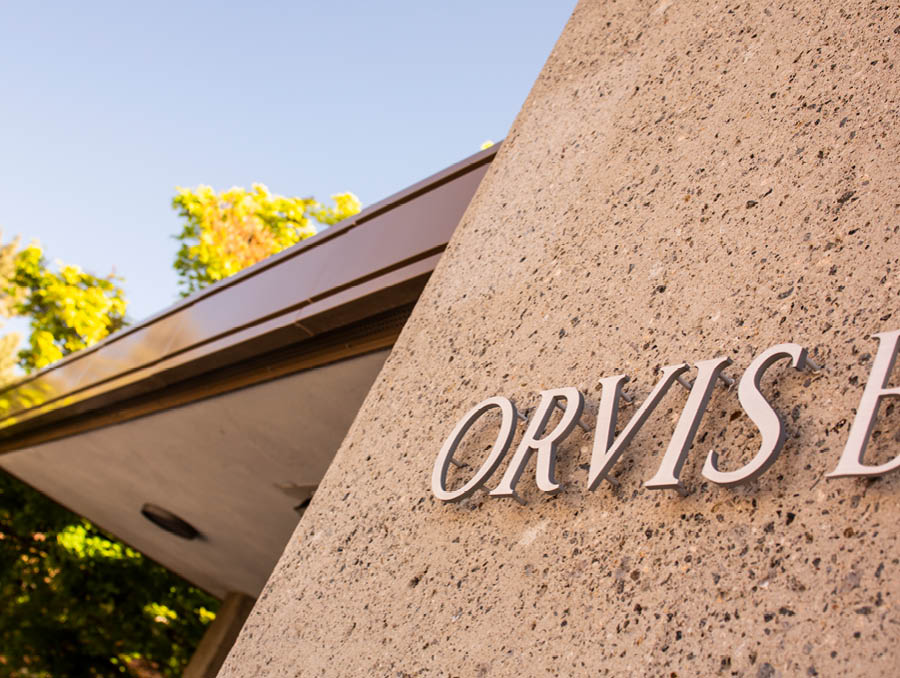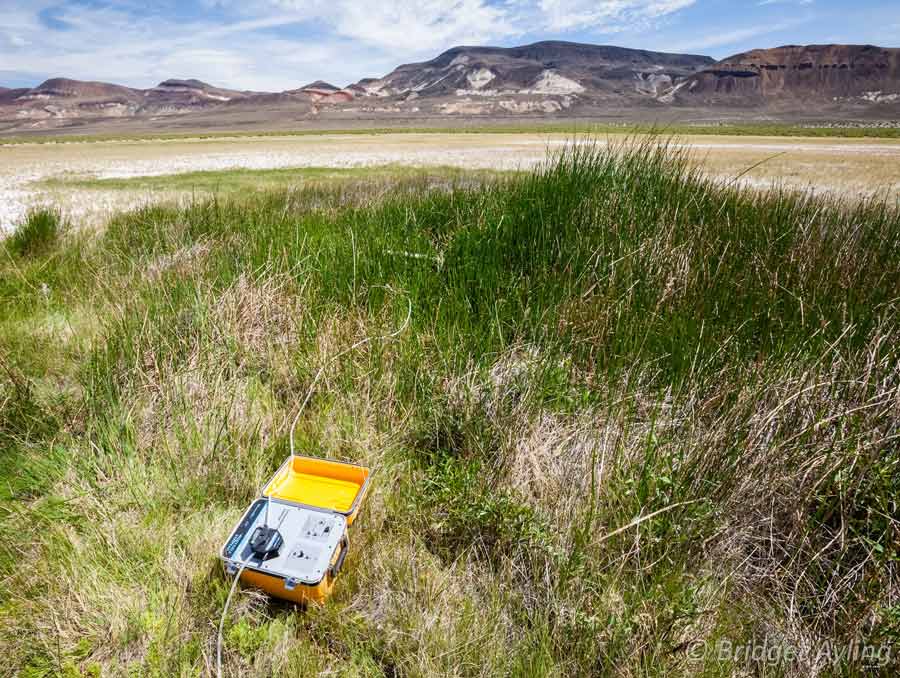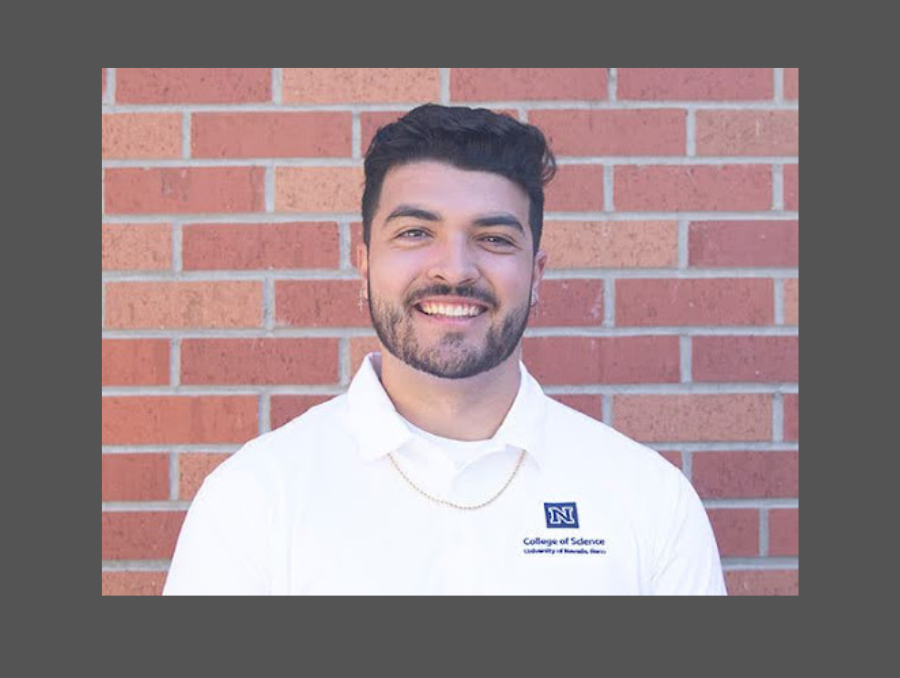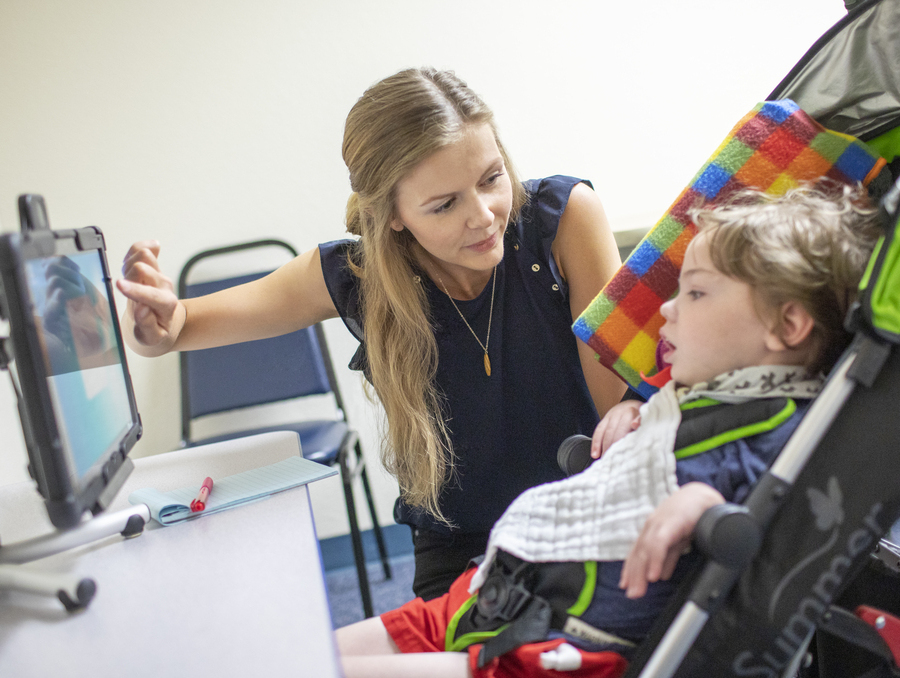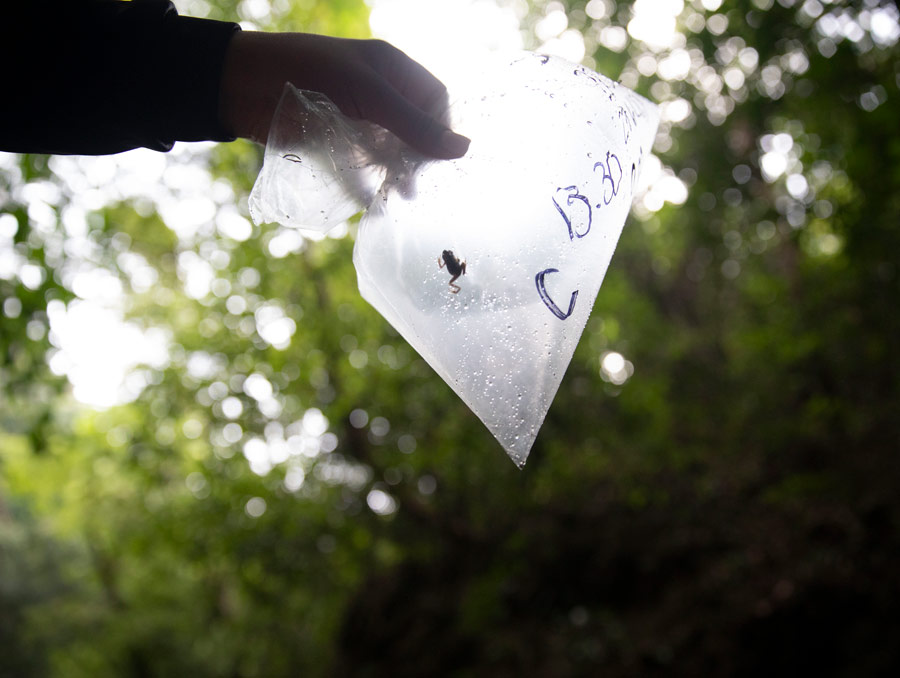University of Nevada, Reno School of Public Health professor Daniel Cook wants to build public trust in the scientific enterprise.
He recently published an article titled "Reporting Science and Conflicts of Interest in the Lay Press," in PLoS ONE, a journal from the Public Library of Science.
The study examines science journalism covering the most important developments in basic science, clinical research and engineering from 2004 and 2005. The researchers sought to describe how print media reported new scientific findings during a two-year period, and examined how funding and financial ties of researchers were reported.
"New research reported to the public may leave out funding and financial interests," Cook said. "Safeguarding the public and transparent reporting should be the priorities when journalists write about new scientific breakthroughs."
"The paper by Cook et al. is very interesting," Mark Brenner, University vice president for research said. "In a number of instances articles published in the public media' about research accomplishments failed to include information about the financial interests of the researchers; even when that information was included in the original scientific journal."
The researchers used the following search strategy to identify the topics of top news stories in science from the past five years according to year-end lists published in four journals: Discover, Scientific American, Popular Science and Science. Researchers searched the Lexis Nexis US news online database to identify top news stories,
Researchers selected 15 topics for the study: global warming, toxic exposure, aging, infectious disease, stem cells, gamma ray, reproductive biology, genetics, genomics, nanotechnology, cloning, cancer therapy, genetically modified organisms, new matter and chemistry.
"One example of conflict of interest and how journalists report scientific research relates to a research study that was funded by the fishing industry," Cook said. "This study concluded that pregnant women should eat several servings of fish, weekly, because of healthy Omega-3 fatty acids found in fish.
"With this said, the medical community is strongly against women eating too much fish during pregnancy because of the high levels of mercury found in fish," Cook said. "Reporters should strive to determine the links between sources of information and those who stand to gain from promoting new research."
Of the 1,152 news stories examined, 56 percent reported basic scientific research, 38 percent reported clinical research and six percent reported on engineering topics. Of the 15 topics, most concerned global warming, toxic exposure and aging. In addition to research funding, financial ties include stock ownership, consulting income and honoraria.
The stories' authors identified research funding sources in 438 stories (38 percent) with the most frequent funders being various U. S. government agencies. The most frequently identified government source was the National Institutes of Health, followed by the National Aeronautics and Space Administration and the Centers for Disease Control and Prevention. The most frequently identified non-government funders were the Union of Concerned Scientists, Pfizer and Advanced Cell Technology.
"Overall this research study revealed several interesting findings," Cook said. "The Commonwealth Fund publishes a tip sheet for Reporting on Drugs, Devices and Medical Technologies and recommends journalists consider several items when reporting."
Recommendations for journalists' consideration included: the research's potential benefits, potential harms, researchers' sources of information and their financial ties, strength of evidence, historical context, possible alternatives, and costs related to new treatments.
"Information about the financial ties of researchers is relevant and important to the consumers of news," Cook said. "As more scientific journals adopt financial disclosure standards, information about funding, financial ties and conflict of interest is becoming increasingly available to the journalists reporting this news."
Cook is an assistant professor in the College of Health and Human Sciences' School of Public Health.
Other researchers working on the report included Elizabeth Boyd and Lisa Bero from the Department of Clinical Pharmacy at the University of California, San Francisco; and Claudia Grossmann from that university's Department of Biomedical Sciences.
Funding for this research study was provided by a National Science Foundation grant.




